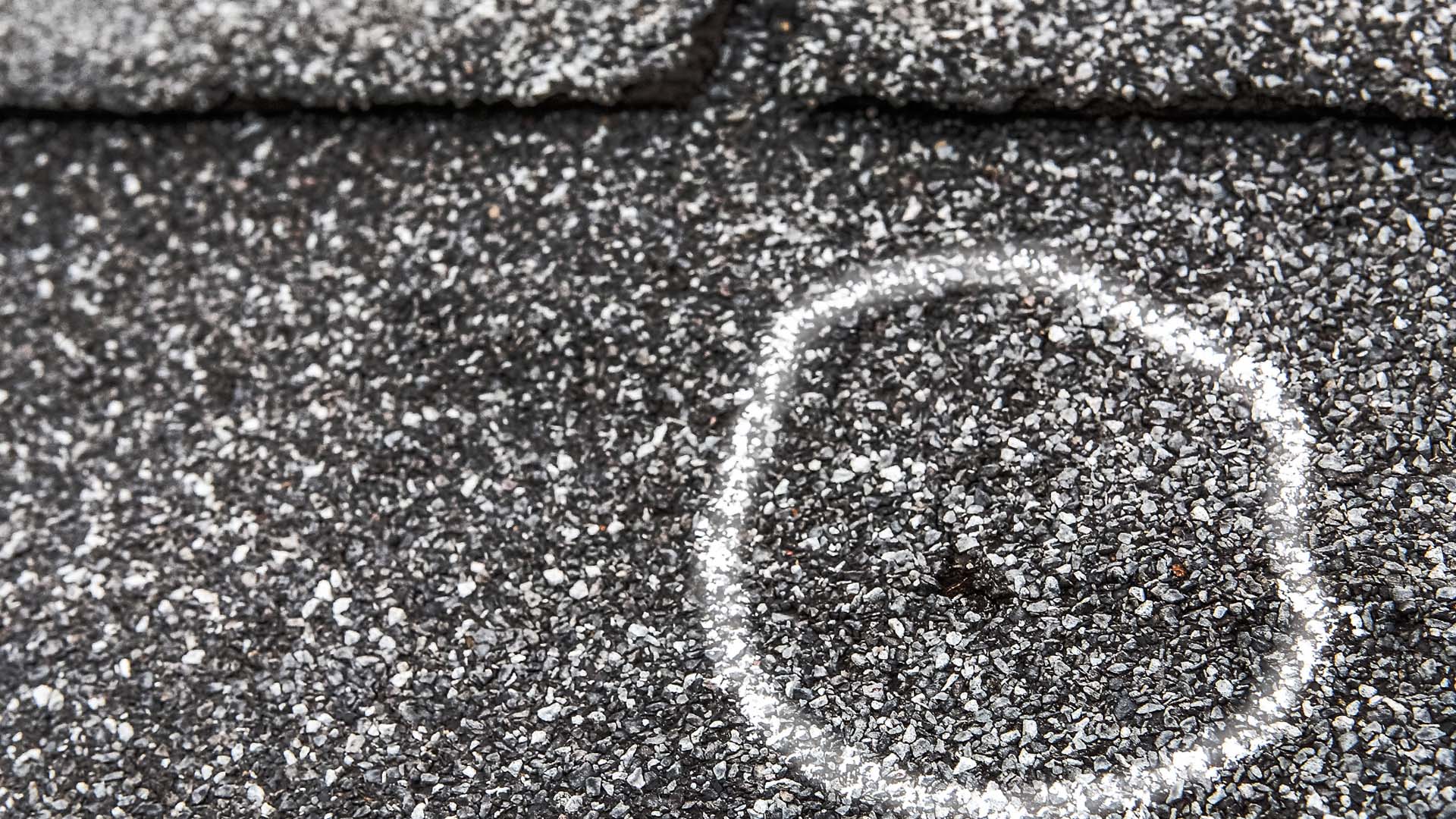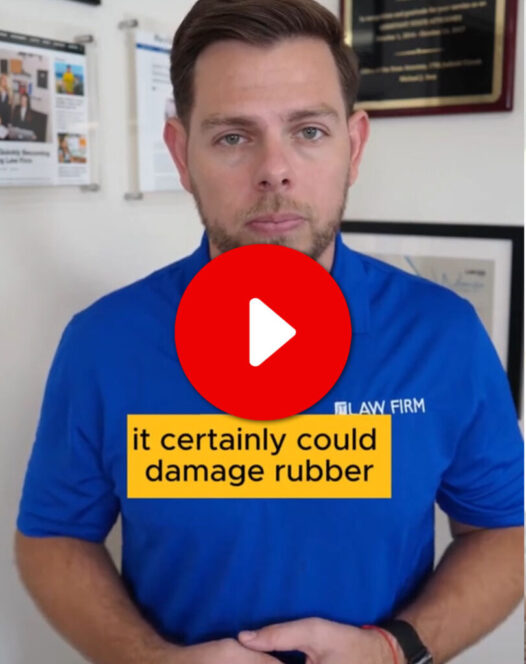
Hail storms are actually pretty common in Florida, with May being the peak of Florida’s hail season. Florida’s hail season lasts between March and July, and sightings of hail as large as baseballs have been spotted in the state!
After a hail storm, the first thing you want to do is check your roof and home for any damage. Getting your home professionally inspected increases your chances of catching damage early on before it can get worse or spread. An inspection can also help you file a claim on time and help you secure a higher payout from your insurance company.
Hail damage is not always easy to spot, and you may notice it months or even a year or so later.
Tile roofs are extremely common in Florida, and they are prized for their durability and for their resistance to strong winds. However, hail commonly damages tiles roofs, which can lead to roof damage and water intrusion. Tile roof claims are not easy, and insurance companies are often caught aggressively fighting against homeowners when they have a tile roof claim because tile roofs can be expensive to repair and replace.
Does homeowners insurance cover hail damage in Florida?
Homeowners’ insurance policies do cover hail damage when it’s specified in the policy. However, in Florida, hail damage does not legally have to be specified in your policy, but many mortgage companies do require it. Meaning if you have a mortgage and your property sustained hail damage, then there’s a strong chance your policy provides some sort of coverage for it. Understanding your policy can provide clarity to understanding whether or not you are entitled to any compensation.
Some policies may cover the full cost of repairs, while others might only cover a portion or nothing at all.
A property damage attorney with experience handling hail damage claims can help.
Does Florida require wind and hail insurance?
Florida doesn’t specifically mandate homeowners to have wind and hail insurance. However, mortgage lenders often require this coverage as part of their loan agreements. Even if it’s not a requirement, considering Florida’s history with hail storms, it’s wise for homeowners to have hail damage coverage for peace of mind.
Your ceiling may have a leak caused by hail damage.
While hail storms do commonly cause roof damage leading to leaks, they’re not the only potential cause.
If you suspect you have tile roof damage or any other form of roof damage that’s causing a roof leak in your property, speak with a property damage attorney today to discover whether you have a claim or not.

How do I get the most out of my hail property damage claim?
To ensure you get the most out of your property damage claim, follow these steps:
- Speak with an attorney: Before you speak with your insurance company, speak with a property damage attorney. Insurance companies love speaking with homeowners because the average homeowner has little to no experience navigating the claims process properly.
- Document everything: As soon as it’s safe, take photos and videos of all the damaged areas. This includes your roof, siding material, fences, and outdoor spaces, among others.
- Get your own professional estimate and inspection: We can help with this step. Don’t rely solely on the insurance company’s adjuster’s assessment. Seek estimates from professionals to receive the actual cost of repairs.
- Maintain detailed records: Keep a log of all communications with your insurance company. This can be invaluable if the case goes to trial.
- Seek legal advice at any step of the claim process: If your claim is not being handled properly or your insurance company is unjustly denying or underpaying you, consider consulting with a legal professional who has the experience needed to deliver the results you need.
JT Law Firm has a hail damage claims team with experience closing claims and getting clients paid.
Schedule your complimentary discovery call. Call us at 855-585-2997.

